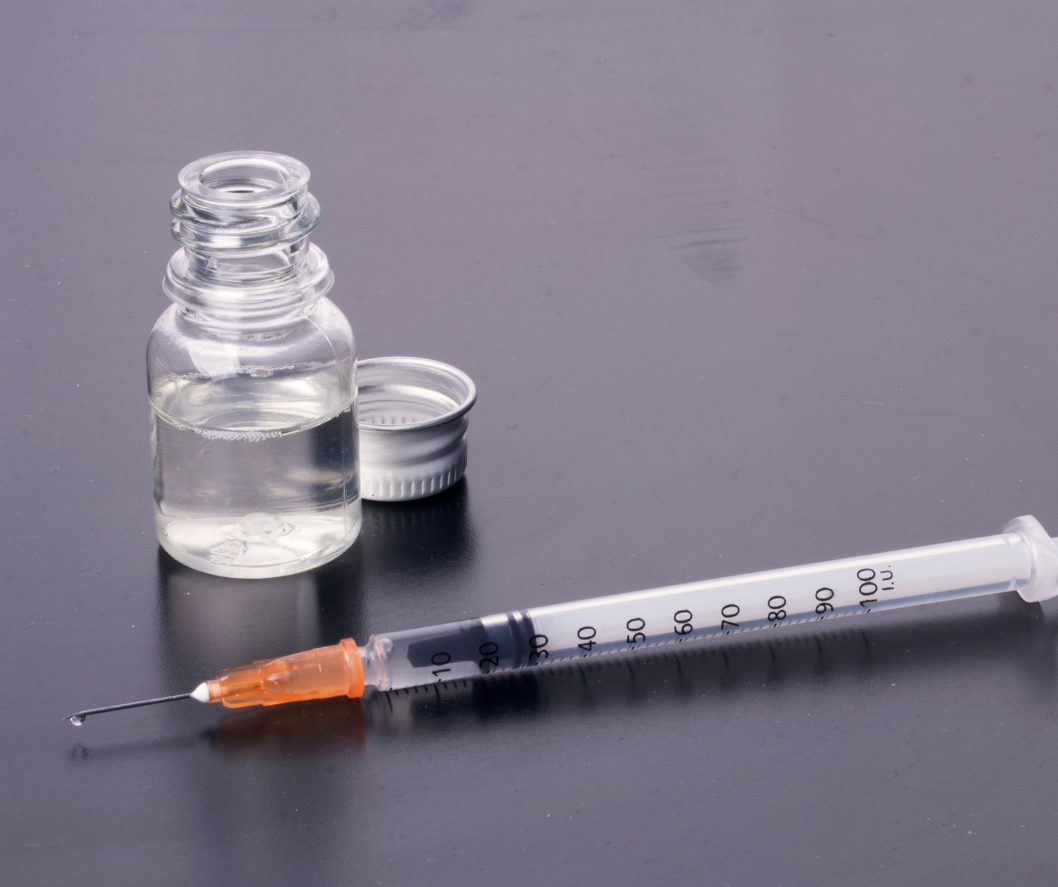What to Expect During Allergy Testing: A Guide for Patients at Direct Primary Care of Burleson
Do you sniffle and sneeze every season?. Maybe certain foods trigger an itchy rash or stomach upset. If you suspect allergies are impacting your daily life, allergy testing can be a valuable tool for both diagnosis and treatment. At Direct Primary Care of Burleson, we understand the frustration allergies can cause, especially living in Texas. In an article in the Houston Chronicle, it states “about 26% of American adults and 19% of children have seasonal allergies, according to the Centers for Disease Control and Prevention.” That's why we offer comprehensive allergy testing services to help you identify the culprits and get back to feeling your best.
This guide will walk you through what to expect during the allergy testing process:
Before Your Appointment:
- Consultation: During your initial consultation, your healthcare professional will discuss your medical history, symptoms, and lifestyle. This helps them determine the most appropriate allergy tests for you.
- Medications: Certain medications can interfere with allergy test results. Be upfront with your nurse practitioner about all medications you take, including prescriptions and over-the- kontra (OTC) drugs. They will advise you on which medications to temporarily discontinue before testing.
- Preparation: You may be asked to wear loose-fitting clothing that allows easy access to your arms for skin testing. Avoid wearing lotions, perfumes, or scented products as they can interfere with the test.
The Day of Your Appointment:
- Skin Testing: This is the most common type of allergy testing. A small amount of allergen (like pollen, dust mites, or pet dander) is placed on your skin and pricked with a needle. If you're allergic, a raised bump or welt will appear within 15-20 minutes.
- Blood Testing: This option is preferred if you have sensitive skin, take medications that interfere with skin testing, or have a history of severe allergic reactions. Blood tests measure the presence of antibodies (IgE) specific to different allergens.
After Your Appointment:
- Results: Your nurse practitioner will review the test results with you, explaining which allergens you reacted to and the severity of your reactions. This information helps them create a personalized treatment plan.
- Treatment Options: Depending on your allergies, your nurse practitioner might recommend medications like antihistamines or allergy shots (immunotherapy) to manage symptoms and reduce your sensitivity over time.
- Follow-Up: You may need follow-up appointments to monitor your progress and adjust your treatment plan as needed.
Additional Considerations:
- Discomfort: Skin testing may cause mild itching or discomfort at the test sites. This typically resolves within a few hours.
- Risks: While rare, there's a small risk of a severe allergic reaction during testing. Our team at Direct Primary Care of Burleson is fully equipped to handle such situations.
- Time Commitment: Allergy testing appointments typically take 30-60 minutes. However, depending on the number of allergens tested, it might take longer.
Living with Allergies:
A diagnosis of allergies doesn't have to limit your life. By working closely with your nurse practitioner at Direct Primary Care of Burleson and following a personalized treatment plan, you can effectively manage your allergies and enjoy a better quality of life.
Schedule Your Appointment Today!
If you're ready to take control of your allergies and experience relief from bothersome symptoms, contact
Direct Primary Care of Burleson today to
schedule an appointment for allergy testing. Our team is dedicated to helping you breathe easier and feel your best.












